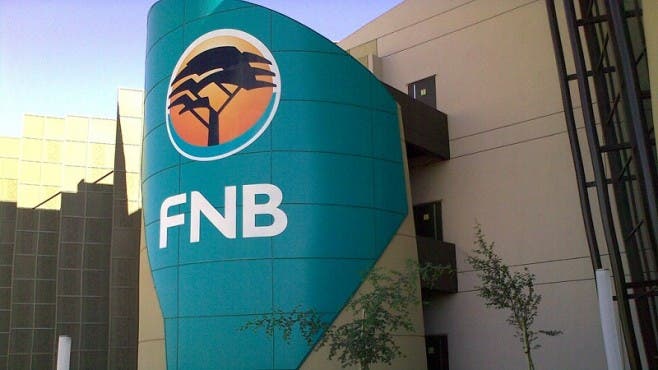The recent global health pandemic has caused uncertainty for people, business and investment experts across the globe. With low levels of confidence due to poor economic outlook and market volatility, South Africans are urged to look at their investment vehicles to determine which will offer the best returns given the current circumstances.
One such investment vehicle is the Tax–Free Savings Account (TFSA) where thresholds were increased by R3 000 from R33 000 to R36 000 per annum in this year’s Budget Speech; giving South Africans the opportunity to invest more into a tax-free account and earn returns tax free. This is one way to get more out of your investments due to tax savings being reinvested and allowed to compound over the long term.
On top of the additional threshold, FNB customers will enjoy low trading fees as well as no monthly account fees when investing in shares through a TFSA from FNB. The combination of tax and fee savings means potentially achieving long term goals faster.
South Africans need additional income and savings more than ever, and this vehicle is a great opportunity to invest and save in a tax efficient and fee free manner. Investing and saving through a TFSA means any returns be it capital, interest or dividends will not be taxed and the full return can be reinvested or withdrawn from the account.
Aneesa Razack, CEO Share Investing, FNB Wealth and Investments
Through the TFSA, South Africans will receive interest reductions on the back of rate cuts, as well as additional funds through the lowering of individual tax brackets. She explains that, “This presents an ideal opportunity to invest or save some of those excess funds through a TFSA and allowing the fund to grow over the long-term.”
TFSA are not limited for yourself only. You can invest for individual family members and your children for the full amount of R36 000 upfront, which can be invested in one single lump sum, or over a period of 12 months.
Investing a lump sum at the beginning of a tax year, allows investments and savings longer to compound and generates a higher base as opposed to monthly contributions. However, both methods are still successful in growing funds without incurring taxes or fees.
Aneesa Razack, CEO Share Investing, FNB Wealth and Investments











